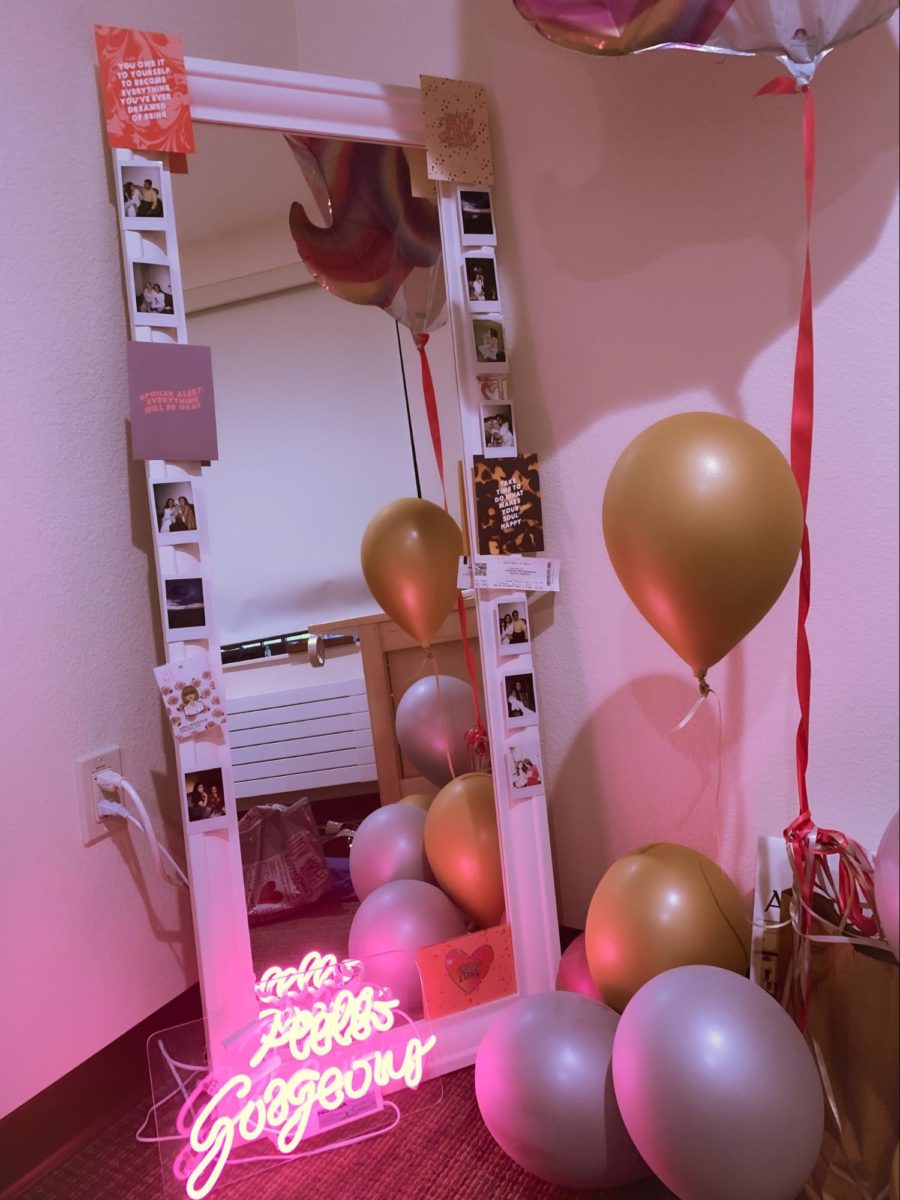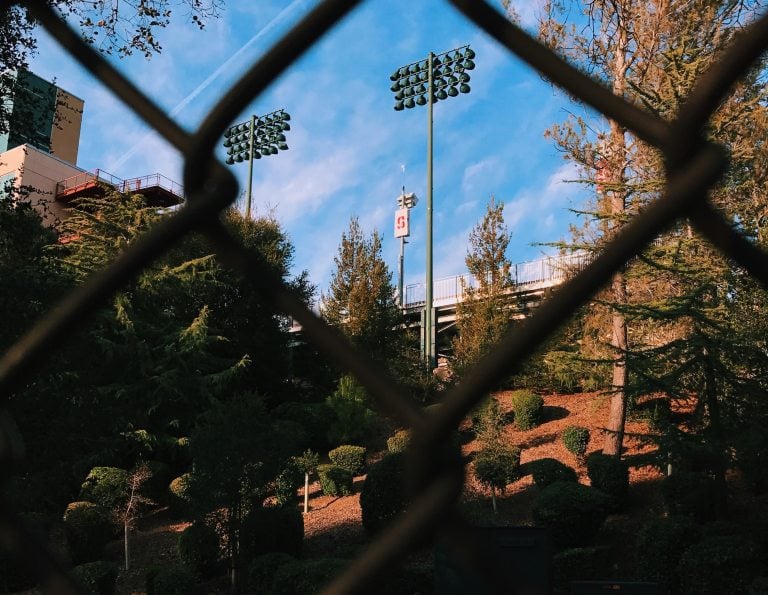The following article contains mentions of anxiety, depression and orthorexia that may be troubling to some readers.

“Yes, there is always logic in the world. And neatness. And the comfort of fact.” — Peter Goldsworthy, “A Statistician to his Love”
I grew up in chaos. The only way I can make sense of the world is by maintaining an internal locus of control and creating structure in everything I do. The items in my living space are organized by thematic consistency and everyday utility. My clothing for the week is chosen after checking the weather forecast. My speech is organized by narratives and points so it’s easy for the listener to follow. It’s not that I’m actively trying to be constrained — these structures make living more pleasant for me.
Growing up in chaos has also meant that I have always been in touch with my schemas. I have strongly defined preferences, but they help me form a framework with which I can understand the world around me. I never focused much on my existence. I exist, yes. But that is a prerequisite. I exist to understand the world, and everything that I am helps me understand it.
The pandemic changed that. Maybe it was the perpetual self-view in Zoom classes, maybe it was all the time I spent in my room. Whatever it was, I became acutely aware of my existence and reasoned that it was all too much. I structure every aspect of my life, and so I reasoned that self-love should also require structure. Nothing has been the same since.
I have spent every day from then on trying to convince myself I am enough. I began basing my self-worth off my success in various categories: school, work, friends, exercise, self-awareness, food, financial awareness, technical know-how, intellectual vitality, self-care, etcetera. I only felt like I was deserving of my love on days when I progressed sufficiently in each of these categories. Any and all improvements in these categories were made mindfully, every effort measured against an ever-expansive list of utilitarian considerations. I actively suppressed any instinct to ask for help and managed my uncertainty in any situation with self-deprecation. I was wrong for screwing up an assignment; I was also wrong for not making time for myself. Essentially, I left myself no room for anything but error.
“歪んだ世界にだんだん僕は透き通って見えなくなって” // “In this distorted world, I’m slowly becoming transparent and invisible.” — Opening theme of “Tokyo Ghoul”
In retrospect, it makes a lot of sense why I began to feel this way, given the “unprecedented” times we are living in. I have always coped with uncertainty using excessive certainty, but this time I’ve pushed myself without considering my well-being. I became fixated on living perfectly, and somewhere between finding a reason to wake up every morning and optimizing every such reason I seem to have lost the ability to feel the changes. Waking up feels as numbing as not being awake at all. All the food tastes the same. Love is a chore — self-love even more so.
The journey here has been meticulously planned, and I am still in awe of the discipline I am able to build into self-love. It’s just that it comes at the cost of everything else I find meaningful. I want to view my work as separate from targets and deadlines, music as separate from song durations that take away focused time from my day, food as separate from calories and macros, and people I love as separate from emotional energy expended. I am actively trying to not break my day down into optimized “clusters” of tasks carefully paired with one another for peak performance. I want to internalize that a day is a day. An hour is an hour. Time spent with friends is just that, not a utility equation that can have positive or negative externalities that I should account for before going out to meet them. I can shower when I feel like it, not when I think my skin’s pH can handle it. I am not a f*cking soothsayer. I do not need to maintain a dashboard for my happiness. And for once in two decades, under-optimization will have to be enough.
More than anything, this is an apology to myself. I am sorry for staying up beyond 24 hours multiple times in a month because I felt I was not productive enough that day. Sorry for feeling guilty for sleeping more than four hours a night. Sorry for pushing my body to not eat for 18 or more hours in a day, 256 days in a row. Sorry for blaming my depression on not eating enough omega-f*cking-3s. Sorry for distancing myself from people I love, because I reasoned I take up too much space and time in their lives, when reaching out and having a conversation would have brought us both peace of mind. Sorry for advocating numbness, apathy and dissociation as coping mechanisms. Sorry for neglecting work I find enjoyable. Sorry for making chewing gum and sparkling water food. Sorry for making caffeine energy. Sorry for substituting my principles with empty validation.
I’m not sure if this is going to work. In many ways, trying to distance myself from structure has been challenging in and of itself. I am speaking to myself in a foreign language wherein heuristics replace diktats and conversation brings with it empty pauses and awkward silences. It’s frustrating to leave my apartment not knowing the optimal way to reach my location. It’s painful to see a calendar sans time-blocked clusters, because I know I could be doing more. But I also know what I’m trying to do now makes sense. The pain of losing the rapture over-optimizing brings is worth the contentment of enjoying serendipity. It isn’t always pleasant — I miss the sound of my calendar nudging me on to my next task. It feels strange not to investigate the menu of the restaurant I am eating at before a meal. But I love that I can be present again. Step outside, enjoy the sun, bump into the people I care about and go about my day with more value in it than I started out with. The conversations I am now having with myself feel like they could go on forever. And yes, I cannot really log that on an app (I refuse to download Headspace), but that’s a lot more than I could say for myself before. And for now, trying does feel like it’s enough.
“light hits / everything at a different angle / i make a habit of tilting / my head.” — Sabrina Benaim, “A Prayer/A Spell”
